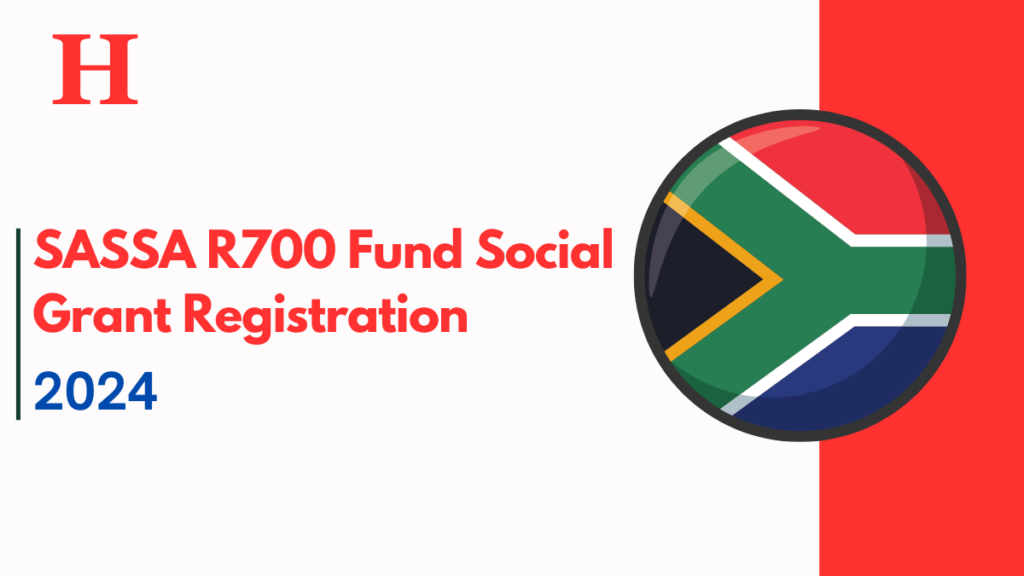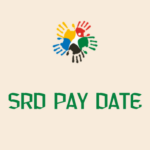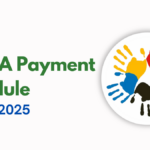The South African Social Security Agency (SASSA) plays a vital role in supporting vulnerable and low-income individuals across South Africa. Recently, there has been widespread attention on the so-called R700 Grant Application Form for 2024, which has been circulating online. This has raised numerous questions, concerns, and unfortunately, confusion among many citizens.
If you’ve come across messages on platforms like WhatsApp or Facebook about this grant, it’s essential to be cautious and informed. Let’s break down the facts, identify red flags, and provide guidance on how you can protect yourself from potential scams.

SASSA R700 Fund Social Grant Registration
A message claiming to offer an R700 Grant has been widely shared online, stating that SASSA is accepting applications for this grant through an online registration process. Here’s a summary of the message:
“The South African Social Security Agency (SASSA) is now accepting applications for the R700 Grant for 2024. Online registration is open to all eligible citizens aged between 18 and 65. Over 675,000 citizens will receive the R700 payment this year, and successful applicants will start receiving payments soon. To check eligibility and apply, visit: [fake link provided]”
While this message might sound promising, there are several red flags indicating that this is a scam.
Spotting the Red Flags: How to Identify the SASSA R700 Grant Scam
Scammers often use convincing language and tactics to trick people into sharing their personal information. Here’s a breakdown of the warning signs present in this fraudulent message:
1. Suspicious URL
- The link provided doesn’t resemble a verified SASSA website.
- Always check for official URLs. Scammers often use strange or shortened links to appear genuine.
2. Antivirus Warnings
- Clicking on the link may trigger antivirus warnings, indicating that the website could be dangerous or harmful.
- If you encounter such warnings, avoid proceeding any further.
3. Poor Website Quality
- The website linked in the message features a blurry SASSA logo and an extremely simple form that asks for personal details such as your name, phone number, and identity number.
- Genuine websites typically have clear branding, secure connections (look for “https://”), and detailed information.
4. Fake Testimonials and Comments
- The scam page includes fake comments and testimonials from people claiming to have received the grant, trying to make it seem more legitimate.
- Real SASSA announcements do not include such comments or testimonials on their official platforms.
5. Grammar and Spelling Mistakes
- The message contains several grammatical and spelling errors, a common trait of scam communications.
- Always be cautious of poorly written messages, as government agencies maintain professional standards in their communications.
Protecting Yourself from Grant Scams: Tips and Precautions
SASSA has provided guidelines on how to stay safe and avoid falling victim to these scams. Here’s what you should do:
| Tips for Protection | Details |
|---|---|
| Visit Official SASSA Offices | Always visit your nearest SASSA office for any inquiries. They can provide accurate and verified information. |
| Use Official Contact Numbers | Contact SASSA directly through their official phone numbers or website instead of responding to unverified messages. |
| Apply Through Authorized Portals | Use only the official SASSA website or authorized portals for any applications or updates. |
| Report Suspicious Activity | If you encounter any scams, report them using the resources provided on the official SASSA website to help prevent others from being deceived. |
What to Do If You Encounter a Scam
If you suspect that you’ve come across a scam or have already shared your personal information, it’s crucial to take immediate action:
- Stop Engaging: Do not share any more personal details or click on any additional links from suspicious sources.
- Change Your Passwords: If you have entered any information, change your passwords for online accounts immediately.
- Contact SASSA Directly: Reach out to SASSA through their official website or helpline to report the scam and verify your status.
Remember: SASSA will never ask for your personal information through unofficial websites, text messages, or social media platforms.
Why This Scam Matters: Protecting Yourself and Your Community
The SASSA R700 Grant Application Form scam is designed to steal personal information and, in some cases, money from unsuspecting individuals. It’s crucial to understand that scammers prey on people who are genuinely in need of financial assistance, making it even more important to recognize and avoid these schemes.
Key Takeaways
- No New R700 Grant: There is no official R700 grant application for 2024 from SASSA. Be cautious of any messages claiming otherwise.
- Stay Informed: Regularly check the SASSA website or contact their offices to stay updated on legitimate announcements and opportunities.
How to Verify SASSA Announcements
To confirm whether any SASSA-related information is genuine, follow these steps:
- Visit the Official SASSA Website: Check for announcements and updates directly from the source at www.sassa.gov.za.
- Call the SASSA Helpline: Contact them using the official numbers provided on their website for verification.
- Check Local News Outlets: Genuine SASSA announcements are often covered by reputable news sources.
Conclusion
The SASSA R700 Grant scam is just one of many fraudulent schemes targeting vulnerable individuals. By staying vigilant, verifying information through official channels, and sharing this knowledge with friends and family, you can help protect yourself and your community from falling victim to scams.
Always be cautious and remember that if something seems too good to be true, it probably is. Stay informed, stay safe, and ensure that you only rely on credible sources for your financial assistance needs.
Click here to know more

Sailza is a passionate writer known for her commitment to originality and quality. She crafts engaging, plagiarism-free content that captivates and informs. With a talent for storytelling and attention to detail, her work reflects her dedication to delivering insightful, creative, and authentic writing.



